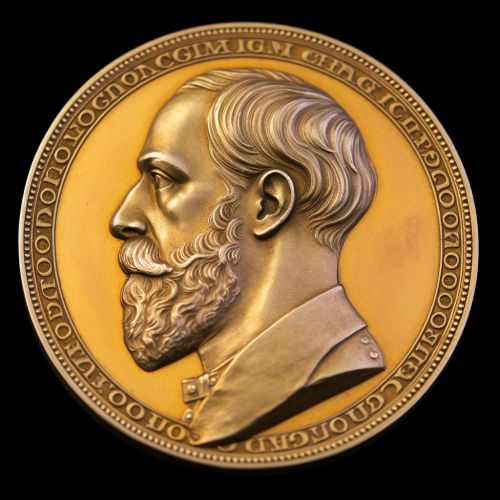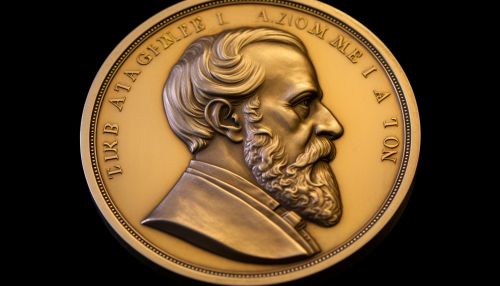Maxwell Medal
History
The Maxwell Medal is an accolade that was established in the year 1961. Named after the renowned physicist James Clerk Maxwell, it is awarded by the Institute of Physics (IOP) to individuals who have made significant contributions to the field of theoretical, mathematical or computational physics. The medal is given annually, and the recipients are chosen by a committee of experts from the IOP.


Criteria for Award
The Maxwell Medal is awarded based on a set of criteria that reflect the values and standards of the Institute of Physics. The recipient must have made a significant contribution to theoretical, mathematical or computational physics. This contribution may be in the form of original research, the development of new theories, or the advancement of existing ones. The recipient's work must also have a demonstrable impact on the field of physics, either through its influence on other researchers, its applicability to real-world problems, or its potential for future development.
Notable Recipients
Over the years, the Maxwell Medal has been awarded to many distinguished physicists. Some of the notable recipients include:
- Roger Penrose, a mathematical physicist known for his work in general relativity and cosmology. He received the Maxwell Medal in 1966. - Stephen Hawking, a theoretical physicist and cosmologist, best known for his work on black holes. He was awarded the Maxwell Medal in 1976. - Edward Witten, a theoretical physicist and one of the leading figures in string theory. He received the Maxwell Medal in 1985.
Impact and Significance
The Maxwell Medal is considered a prestigious award in the field of theoretical, mathematical and computational physics. It not only recognizes the recipient's achievements, but also serves to inspire other researchers in the field. The award brings attention to the importance of theoretical and mathematical physics in understanding the fundamental principles of the universe.
See Also
- Institute of Physics - James Clerk Maxwell - Roger Penrose - Stephen Hawking - Edward Witten
